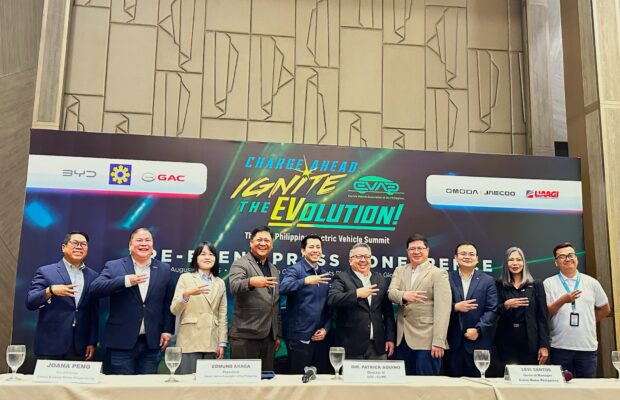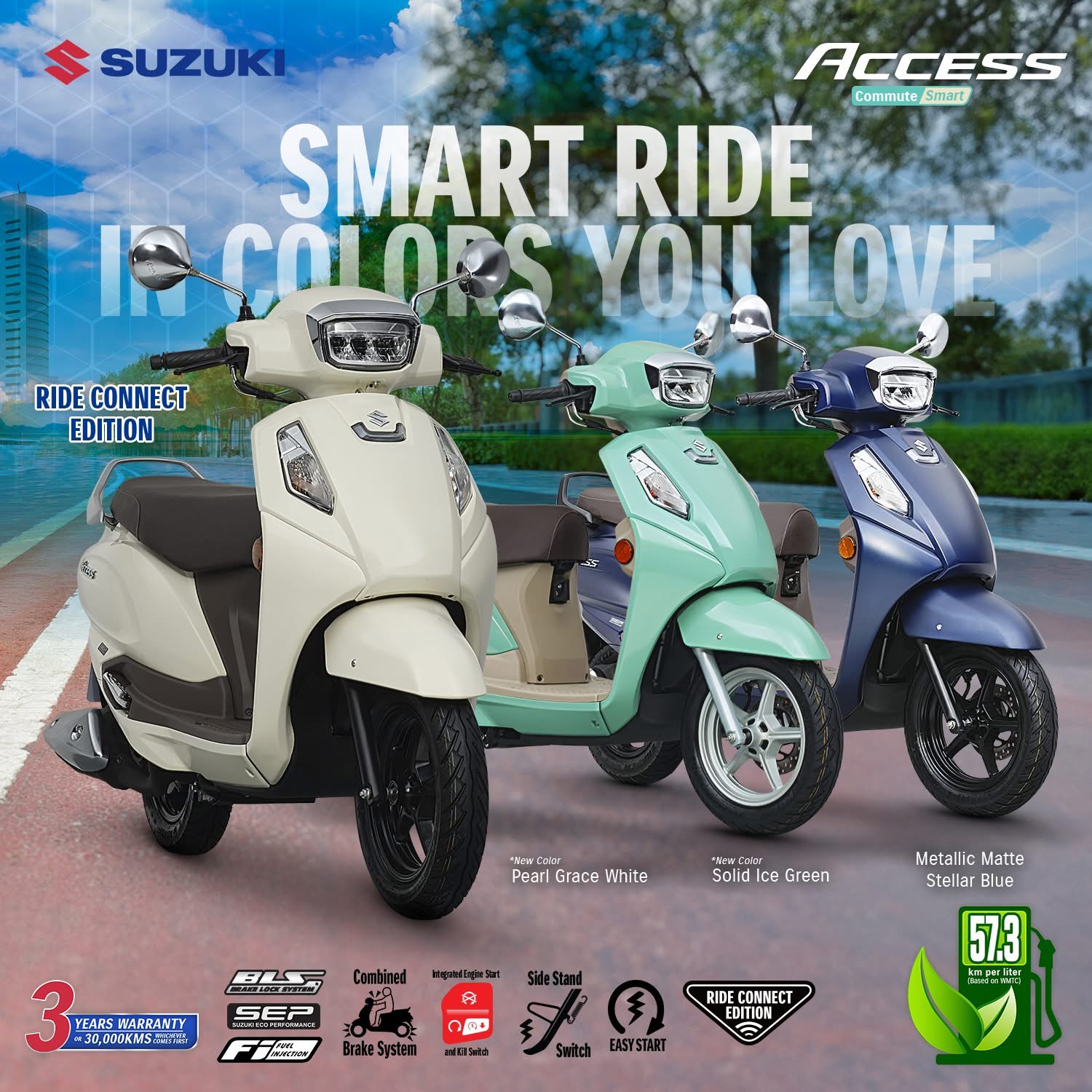EVAP Leads the Charge: 13th PH Electric Vehicle Summit to Highlight Growing EV Adoption

The Electric Vehicle Association of the Philippines (EVAP) expressed confidence that the country’s electric vehicle (EV) sector will continue to accelerate toward sustainable and transformative mobility for Filipinos. During the pre-event press conference for the 13th Philippine Electric Vehicle Summit (PEVS) held in Bonifacio Global City on August 27, EVAP President Edmund Araga said EV adoption is set to rise further, supported by favorable government policies, rising fuel prices, and the entry of more EV brands and models in the market. “It is high time to shift to EV. There are currently more choices when it comes to EV models and brands,” he emphasized.
Sales figures highlight this momentum, with 4-wheeled EV sales nearly tripling in 2024 to 3,880 units, compared to 1,028 units in 2023—a 277.5% surge, according to data from the Department of Energy (DOE) and EVAP. Battery electric vehicles (BEVs) made up 75% of sales, followed by hybrid EVs at 23% and plug-in hybrids at 2%. Meanwhile, 2- and 3-wheeled EV sales skyrocketed by over 25,000%, from 172 units in 2023 to 43,441 in 2024, with the majority being two-wheeled Category L2 EVs. This sharp growth underscores the increasing appeal of electric mobility for both private and commercial use.
Complementing this surge in sales is the expansion of the EV charging infrastructure. Under the Comprehensive Roadmap for the Electric Vehicle Industry (CREVI), the government aims to roll out 7,300 charging stations nationwide by 2028, up from only 300 in 2023 and 992 already installed as of this year. Data shows that about 12% of charging stations are in malls, with SM Supermalls leading at 69 stations, followed by Ayala Malls at 31. While Metro Manila remains the hub, charging networks are gradually expanding to Cebu, Davao, Bicol, and other key cities. “The EV sector is hopeful that infrastructure expansion, local EV manufacturing, and battery innovation will continue to strengthen, ensuring faster adoption among Filipinos,” Araga said.
Government support and private sector investment are also driving momentum. In 2024, the Philippines inaugurated its first lithium battery factory in Tarlac, positioning the country as a regional hub for clean energy storage. Meanwhile, the Department of Trade and Industry has proposed the Electric Vehicle Incentive Strategy (EVIS), which could yield ₱11.4 trillion in economic output and generate 680,000 jobs in EV-related industries. With these promising developments, the EVAP invites stakeholders and the public to the 13th PEVS, happening October 23–25 at SMX Convention Center Manila, with the theme “Charge Ahead, Ignite the EVolution.”
























0 comments